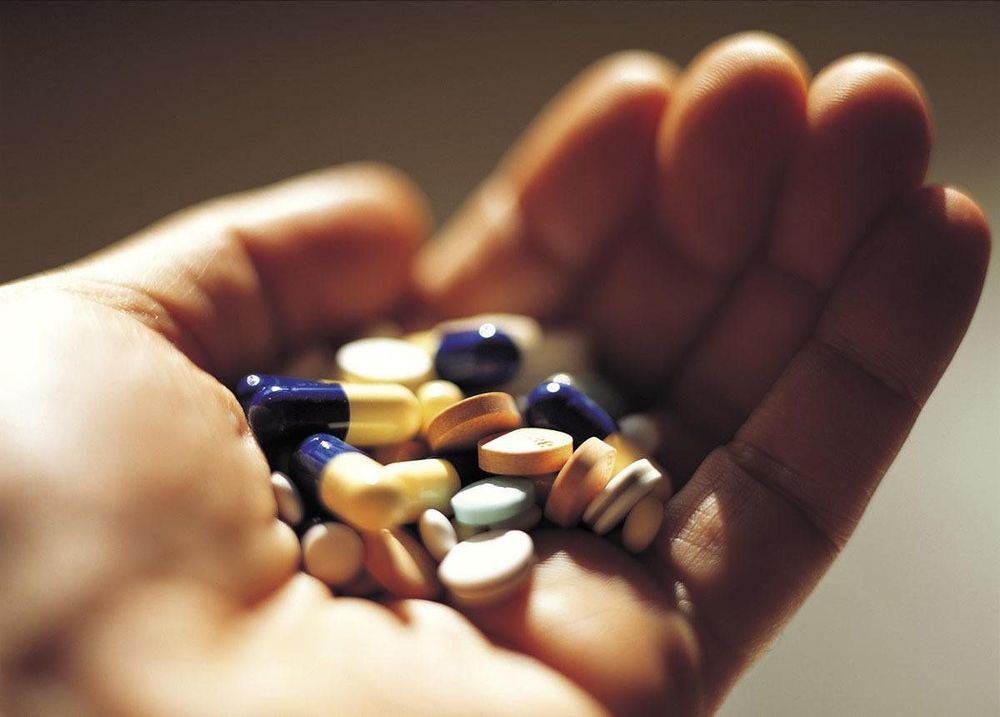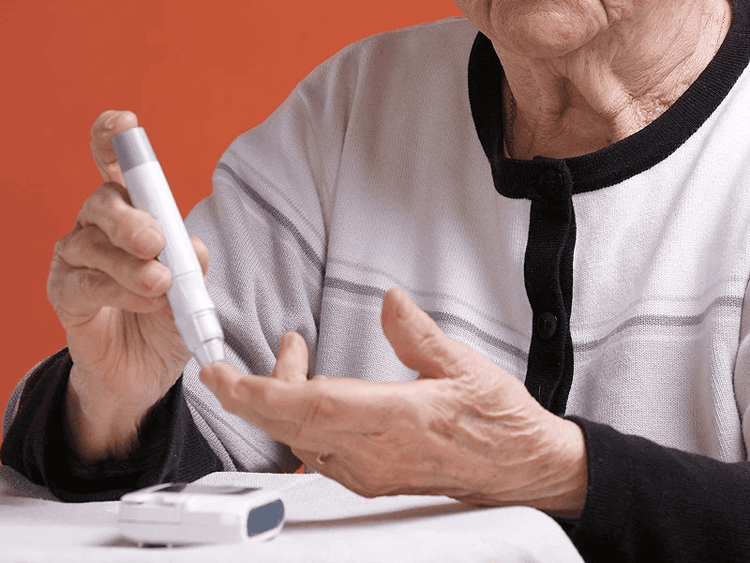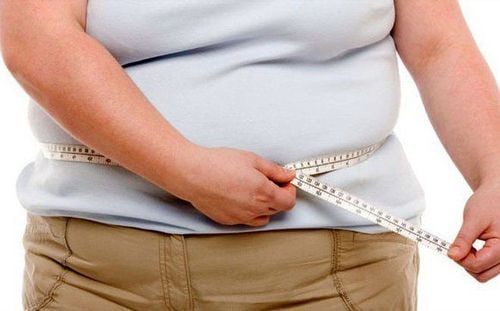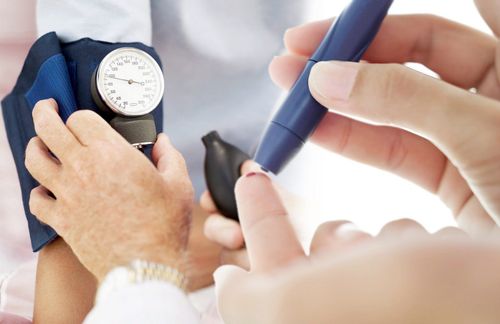This is an automatically translated article.
The article is professionally consulted by Master, Doctor Vu Thi Duyen - Department of Medical Examination & Internal Medicine - Vinmec Hai Phong International General HospitalIn fact, not only in patients with diabetes, but even healthy people can sometimes experience a rise in blood sugar in the morning. This phenomenon can be caused by many different reasons. However, if your blood sugar is high for several days in a row, it could be a bad health condition and you should see an endocrinologist as soon as possible.
1. What is the morning dawn phenomenon?
Even if you don't have diabetes, there are certain hormones in your body that can trigger your morning blood sugar spike. This is a physiological phenomenon that occurs in your body between 12 and 3 o'clock at night, your body does not seem to need to use insulin so the pancreas is not working to produce this bioactive compound. Your blood glucose levels will tend to spike between 3 and 8 am. At this time, the body will secrete more insulin to balance your blood sugar.In fact, the morning dawn phenomenon can occur in any object. However, in people with diabetes, because their body does not respond to the hormone insulin (insulin resistance) the same way as normal people, even if they follow a strict diet or take medication interventions. Strictly, their blood sugar level will still be higher than normal people.
In normal, healthy people, the phenomenon of high blood sugar in the morning is a way to help the body have enough energy for the upcoming activities of a new day. As for people with diabetes, the pancreas for some reason will not produce enough insulin, disrupting the body's balance, leading to a higher-than-normal blood sugar index in the morning. shining.
The morning dawn phenomenon can have different effects on each person or vary from day to day. Some studies show that at night the release of natural anti-regulatory hormones in the body such as cortisol, growth hormone GH, epinephrine or glucagon makes insulin resistance stronger. . This is also the reason why your blood sugar is so high.
In addition, a number of other causes can also increase blood sugar levels in the morning such as:
Using certain drugs at the wrong dose (too much or too little). The body did not have enough insulin hormone the night before. Eating the wrong bedtime snack like too much glucide.

Sử dụng thuốc không đúng liều lượng có thể làm tăng đường huyết vào buổi sáng
2. What is the Somogyi Effect?
The Somogyi Effect - also known as rebound hyperglycemia. Unlike the above morning dawn phenomenon, this situation is less common. It is characterized by an increase in high blood glucose in the morning in response to the night's hypoglycemia.Here are some clinical manifestations of the Somogyi effect:
Dizziness. Feeling sleepy during the day. Increased sweating. Feeling more hungry. In addition, in patients with diabetes, this effect is often caused by resistance or decreased insulin secretion by the body from the following reasons:
Nocturnal hypoglycemia occurs during a long period of time without early control. Improper blood sugar control or an overdose of medication such as a previous insulin overdose. Not having enough snacks before going to bed and still taking high doses of medication.

Chóng mặt, buồn ngủ vào ban ngày là những biểu hiện có thể gặp của hiệu ứng Somoqyi
3. What are the early interventions for high blood sugar levels in the morning?
The first thing to find out is what causes your blood sugar to rise in the morning? Once you've identified the specific cause, you can choose a method to control your blood sugar that's right for you.If the cause of your rise in blood sugar is due to the morning dawn phenomenon, you can apply some of the following measures:
Eat dinner earlier in the late afternoon (no later than 19:00) . In the evening you should limit eating foods rich in fiber. After dinner you should do light exercise such as walking. Eating breakfast at the right time for the body to work at its best helps to curb insulin resistance hormones and reduce blood sugar to normal levels. Call your endocrinologist for advice about any medications you're taking. Before going to bed you can have a snack with some protein or a low glycemic index carbohydrate like diabetic milk. To prevent the Somogyi effect of increasing blood sugar levels you can follow a few methods:
Monitor your blood glucose levels more often through a daily handheld blood glucose meter. Completely quit drinking. Avoid excessive physical activity. Strictly follow the doctor's recommendations about the daily diet. Monitor closely for symptoms of hypoglycemia occurring at night to promptly notify the endocrinologist to adjust medication accordingly, such as insulin overdose. You also need to limit drinks that are high in sugar, such as fruit, sweetened tea, soda, or juice, as these foods can contribute to your blood sugar spikes. excess of normal and causes the body to have an excess of hundreds of calories.
Especially for patients with diabetes, the likelihood of experiencing morning hyperglycemia will be higher than those of normal people. However, if this happens in a row over several mornings, you should monitor your nighttime blood glucose levels more often - about once every few nights and should be done between 2-3am. especially asymptomatic hypoglycemia (at night you do not have symptoms of hypoglycemia such as hunger, sweating, weakness, but blood glucose measurement at that time is less than 4 mmol/ l).

Đối với những bệnh nhân mắc bệnh tiểu đường thì khả năng gặp phải tình trạng tăng đường huyết vào buổi sáng sẽ cao hơn so với những người khác
Currently, Vinmec International General Hospital has a Cardiovascular and Diabetes Screening package, which helps patients detect the disease promptly even when there are no symptoms, thereby taking appropriate treatment measures to protect own health.
Please dial HOTLINE for more information or register for an appointment HERE. Download MyVinmec app to make appointments faster and to manage your bookings easily.
Reference source: webmd.com












